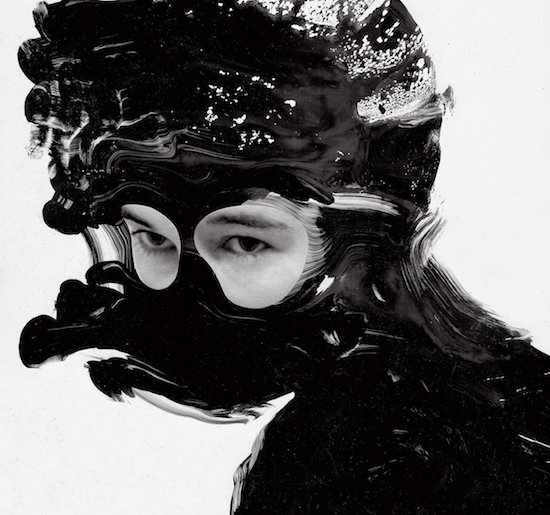Retreating from the world in order to mine for inspiration and incentive is not a rare creative stratagem. But for Nika Danilova, aka Zola Jesus, the decision to return to her isolated hometown in Wisconsin to build a house in its woods stemmed directly from a source rooted in the past and aggravated by “several very personal traumas”. In prioritising her own well-being above all else, by sequestering from the tumult of the outside world, her fifth album bounds from a place of deeply personal essentiality.
Okovi isn’t so much a purgative creative release as it is a feature-length self-exorcism, and the pay-off is a collection of songs that masterfully insist upon survival. From opener and spectral invocation ‘Doma’ to the dramatic ‘Exhumed’ – an early highlight melding quaking strings, glitching beats and Danilova’s full-blown-pop vocals – each track is an unravelling of layered textures where meditation on the very real trauma of losing loved ones takes centrestage.
But for all its cleansing depth, the strongest moments here don’t stagger or wallow. They attack and grasp for release via refined process and lyrics that sear through fustian with candid, soul-peaking resolve. Written about a family member who attempted suicide and continues to struggles with depression, ‘Siphon’ and ‘Witness’ are perfects cases in point. The luxuriant coil and release of ‘Siphon’ is a real highlight here; the purely orchestral arrangement on ‘Witness’ was for Danivola “a very conscious choice to prevent the song from being too rooted in a temporal context.” On these songs, and on the equally beguiling ‘Soak’ and ‘Wiseblood’ (which posits the hectic hypermodern world beyond the Wisconsin woods as all but ludicrous), it’s unabashed pop balladry that reigns supreme, not impervious goth-pop. Eking out the innate pop sensibility that has threaded her catatonic craft to date, Danilova tempers intensity with a pure accessibility that sees her tread the thin line between arcane and potentially huge.
Running parallel with this crossover appeal is another deal-breaking dichotomy. With Danilova’s authoritative vocals coming to the fore throughout, outright vulnerability and total confidence prove entirely compatible bedfellows here – a fact that goes some distance in marking Okovi out from any number of releases associated with the all-too nebulous realm of hypnagogic pop. While it’s a release that might disengage fans of her more sub-rosa earlier material of yore, Zola Jesus has evolved into an artist where pop – born from a need to mend from trauma or otherwise – is no longer a recurrent secondary descriptor, but a primary one. Danilova has loosened the shackles that have made this remarkable metamorphosis possible.


